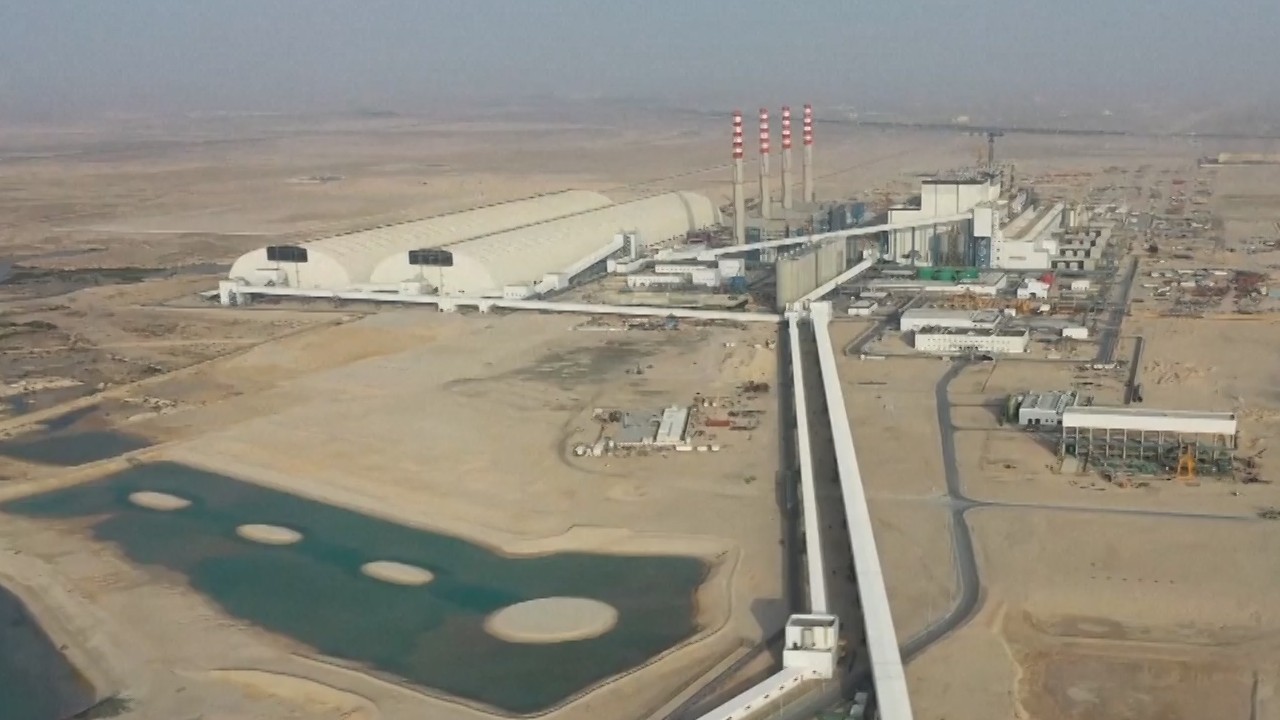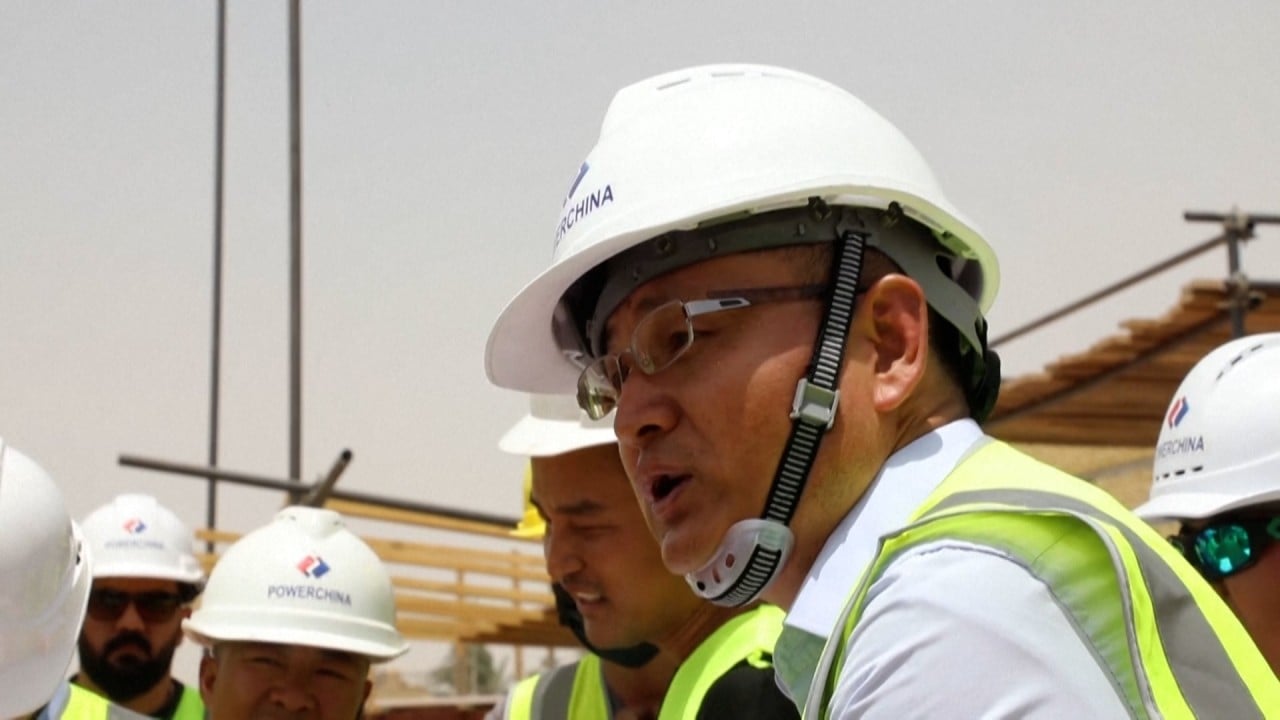
China looks to strengthen Arab ties as US pivots from Middle East
- Foreign ministry releases ‘cooperation’ report ahead of expected trip to China-Arab Summit by Xi Jinping
- Report denies China seeks ‘geopolitical self-interest’ in Middle East, aims to ‘uphold justice’ in regional hotspots
In an official document entitled “Report on Sino-Arab Cooperation in a New Era”, China’s foreign ministry stated the principles of China’s policies towards the region.
China would only support regional countries to work in solidarity to resolve regional security issues and support local people to explore their own development path independently and autonomously, according to the report released on Thursday.
Middle East firms, funds interested in Hong Kong listing opportunities: Paul Chan
“China has always played a constructive role in the region and never seeks any geopolitical self-interest.”
The report comes as the United States pivots its strategic focus away from the Middle East and amid tensions between Washington and Riyadh. The China-Arab Summit is set to begin on December 9.
In return, Arab countries had supported China’s issues of concerns, especially regarding Muslim minorities’ human rights in Xinjiang, the report said.
While the report highlighted that China’s strategic focus remained on trade and economic cooperation, it also said China had “upheld justice” on Middle East security issues. It said China supported fair and reasonable resolutions through dialogue and consultation.
In climate debate, Gulf states can be a bridge between East and West
According to the report, China and Arab countries would support each other’s counterterrorism and deradicalisation efforts, and crackdown on terrorist groups listed by the United Nations.
China opposed Islamophobia or linking terrorism with specific ethnic groups and religions, it said.
The China-Arab Summit is also an opportunity to work with Arab countries on climate change and cybersecurity, and to provide peacekeeping training to them while continuing to take part in UN peacekeeping operations in the region.



